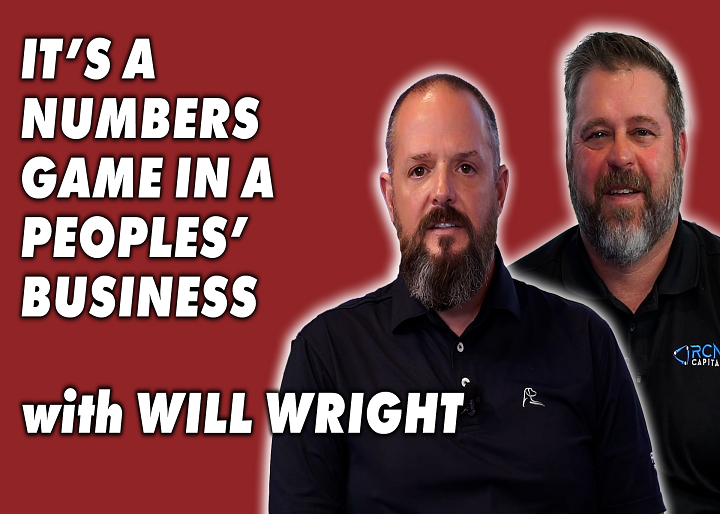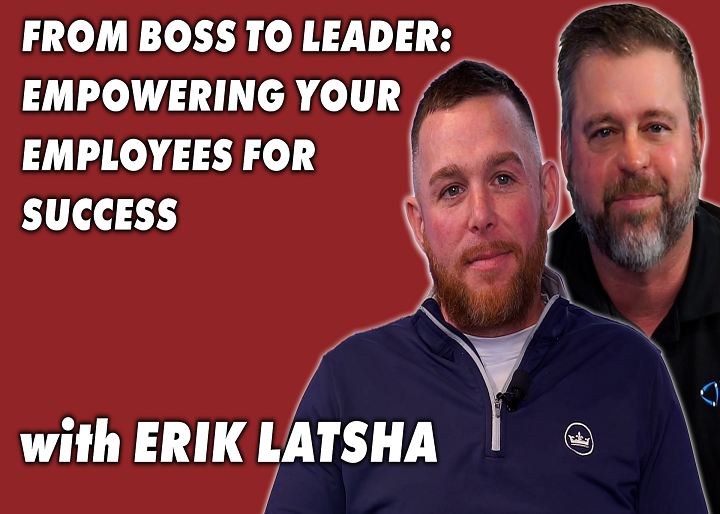It’s a Numbers Game in a People Business
Will Wright is a third-generation Realtor in Fort Worth who has specialized in DFW valuations for over 10 years. In this episode, Will talks about his journey in the real estate space and the importance of building connections for real estate investors, especially those who are just starting out. Listen now to learn why real estate revolves around relationships and how building the right ones will help you succeed! Quotables
Read More












